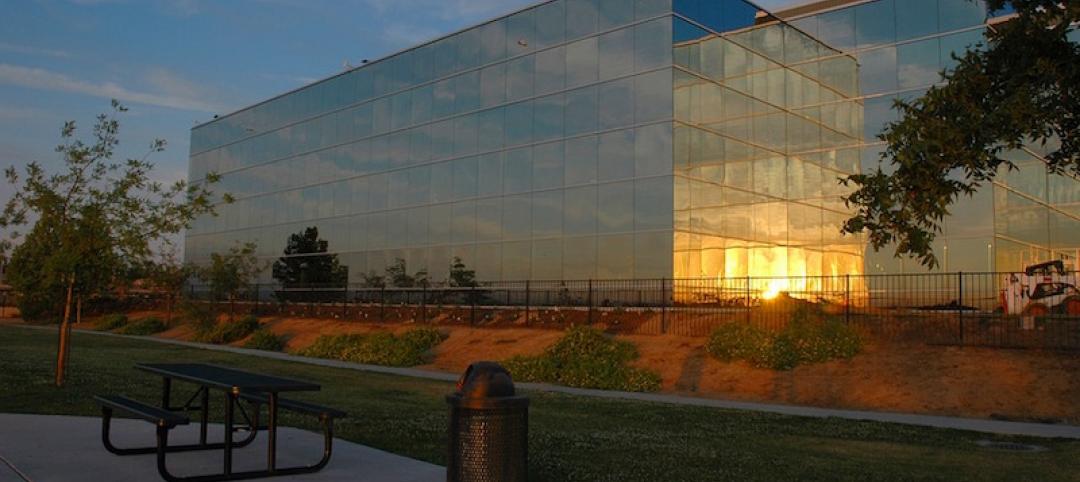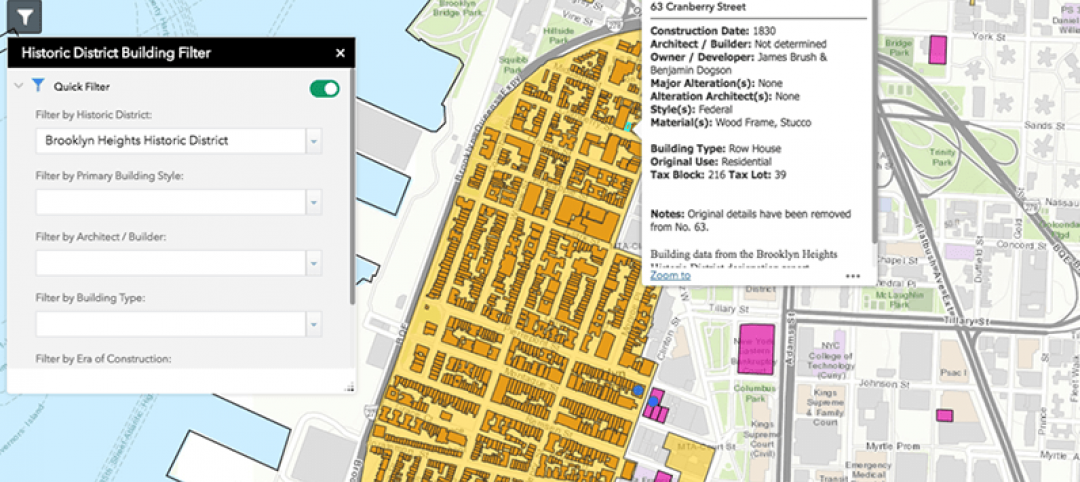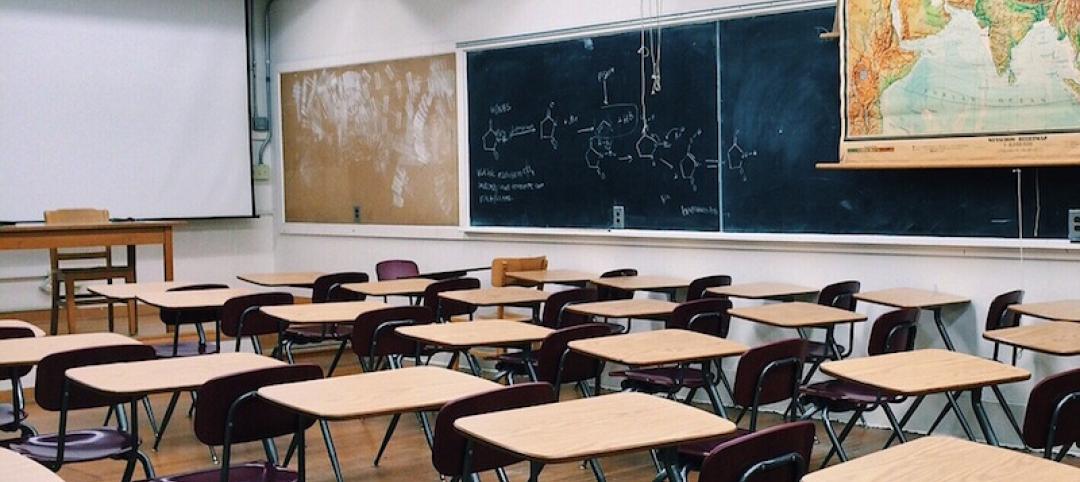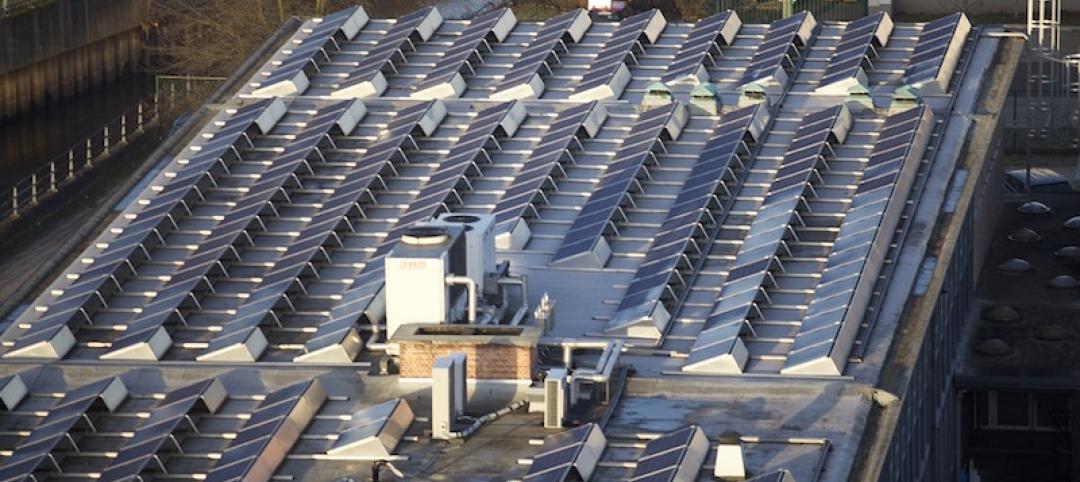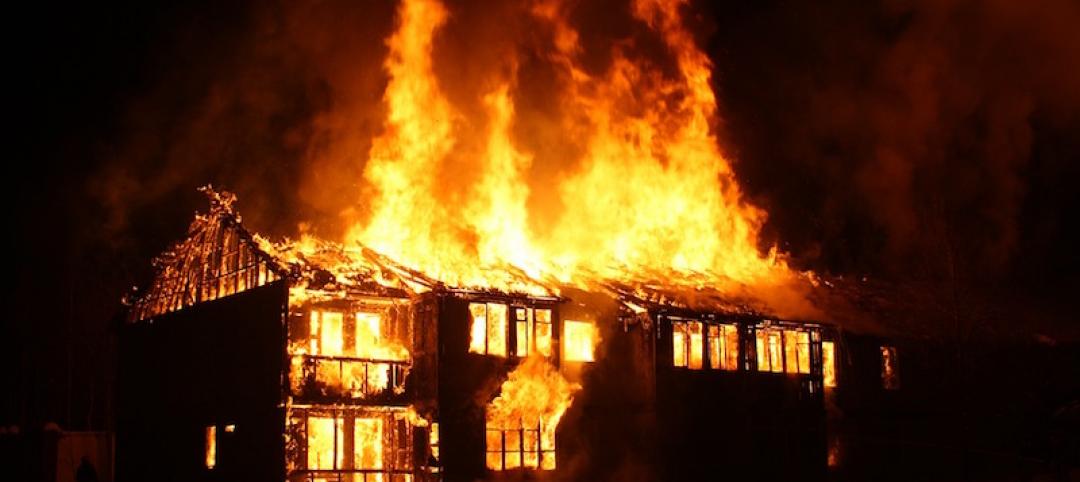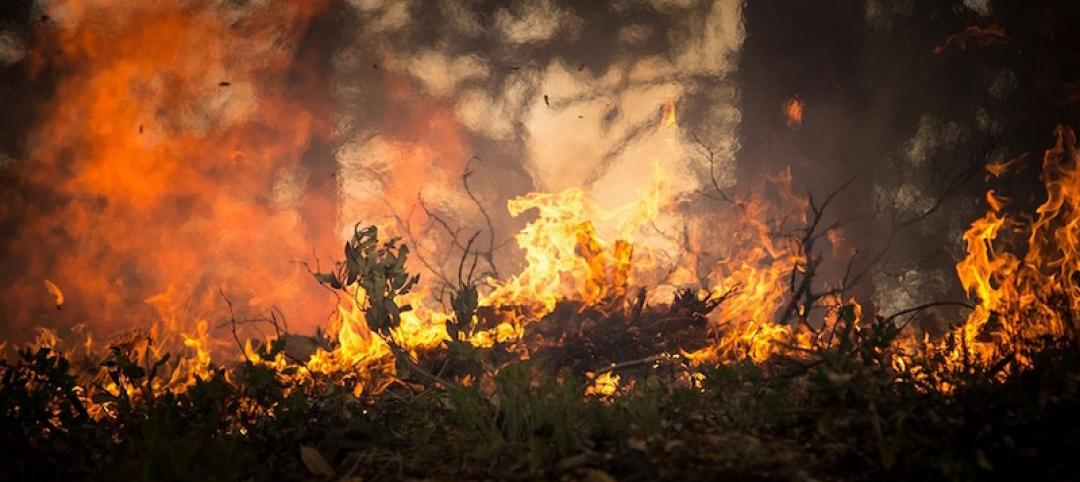The Washington D.C. Council recently passed legislation that will make it more expensive for owners to hold vacant or blighted property.
The Vacant Property Enforcement Act of 2016 reduces the maximum amount of time a vacant property can qualify for an exemption from higher vacancy tax rates. It also closes a loophole that allows continuous renewal of construction permits to qualify for tax exemptions, and require owners of vacant properties to prove they are no longer subject to the higher tax rates.
"The District has a substantial number of vacant properties, many of which are poorly maintained,” the bill report says. "Property owners may keep their properties vacant or fail to maintain them because they expect property values to rise over time. Poorly maintained and vacant properties can damage surrounding communities by being eyesores, by serving a venue for drug use and by providing a home for rodents or other animals. The net effect is to reduce the feeling of a cohesive community and depress surrounding property values."
The legislation reduces the time an owner can claim an exemption from higher taxes because of construction to one year for residential properties and to two years for commercial properties. Fines for failing to comply with city property regulations will rise from $1,000 to $5,000.
Related Stories
Codes and Standards | Jan 2, 2018
Smart building tech can reap utility savings of 8% to 18% in commercial buildings
Potential for increased deployment of smart building technology is great beyond early adopters.
Reconstruction & Renovation | Dec 21, 2017
Interactive map includes detailed information on historic New York City buildings
The New York City Landmarks Preservation Commission launched a new, enhanced version of its interactive map, Discover NYC Landmarks.
Codes and Standards | Dec 20, 2017
Moody’s says cities may face credit downgrades if they don’t address climate risks
Credit ratings giant will ask what communities are doing to mitigate risk exposure.
Codes and Standards | Dec 18, 2017
Schools with optimal indoor environments boost student performance and energy efficiency
World Green Building Council report confirms that lighting, indoor air quality, thermal comfort and acoustics impact learning.
Codes and Standards | Dec 14, 2017
Mayors sign Chicago Climate Charter; will strive to meet Paris accord goals
Pledge to push for more local authority to reduce emissions.
Codes and Standards | Dec 13, 2017
New report examines ongoing costs of green infrastructure options
The report compares solutions to reduce stormwater.
Codes and Standards | Dec 12, 2017
Total cost of structural fires in U.S. reached $328.5 billion in 2014
Costs associated with losses was $55.4 billion.
Codes and Standards | Dec 11, 2017
Steel-timber composite system proposed for mid- and high-rise buildings
Structural steel columns and beams support a cross-laminated timber floor system.
Codes and Standards | Dec 7, 2017
Many coastal states performing poorly to protect beaches, coastlines
The most vulnerable regions fare the worst in new study.
Codes and Standards | Dec 6, 2017
2017 wildfires highlight gaps in California’s approach to fire safety in urbanized areas
Better hazard mapping and retrofit programs could help.



